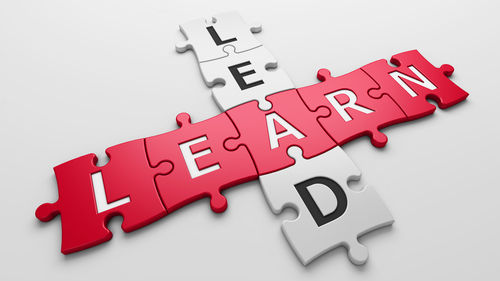
Coaching for Leadership Development
Organizations like Philips Electronics NA, Estee Lauder Cos., and more have already seen the benefits of coaching for leadership development efforts to their employees’ personal and professional growth.
This is the reason why many companies are now investing in providing leadership development training for their employees, preparing them to be the next leader of the organization or business. They understand that for the growth and expansion of their business, they need to have skilled and well-trained leaders in the right places of their organization.
Developing the right skills for coaching with proper execution can help an individual motivate peers and subordinates and lead them to be an asset of the organization.
Learning the skills is very important for a person who wants to lead effectively. Having a team that has great organization, interaction and cooperation can be achieved if one would enhance their coaching skills. It can also help maximize the organizational impact of coaching, with proper leadership and execution.
The skills involved in coaching include:
Establishing Rapport – As a leader, you need to create a personal connection or common ground with your people to make it more comfortable to have a coaching conversation. The first part of building a coaching relationship is to get to know the person you are coaching and establish rapport with them
Developing Self- Awareness – Understanding and articulating your own perspectives, reaction and assumption to better understand the ‘lenses’ through which you view the world and the people around you is important. Being aware helps you understand what motivates your behavior, and this will help you recognize your own biases and be more open to other people’s perspectives.
Demonstrating Empathy – Accepting and valuing another person’s perspective and showing a genuine interest in understanding the other person is vital. Empathy is important to coaching because it lets the other person know that you want to understand them, and it creates a more open relationship for coaching.
Asking Questions – The use of guiding questions to help someone think through an issue or make a decision allows a person to solve the problem by him/ herself. The goal is to encourage the development through this type of thought process.
Collaborative Problem Solving – Finding value in someone’s ideas and building on them to explore issues and jointly create solutions is equally significant. It helps your receiver feel more involved with the goals and processes being created.
Providing Feedback – Highlight the impact of the current behaviors and identifying new behaviors and actions that can improve someone’s performance. This is intended to enhance or improve performance, while strengthening the relationship between the coach and the coachee.
Terms coaching, counseling and mentoring represent different contexts for helping people achieve growth, but it all focuses on the underlying skills needed to be successful across any roles.
These skills are not part of a linear process, but it is needed to be integrated when doing coaching. A particular coaching event may call for one of these skills more than the other and that is why it is very important to establish rapport with the receiver of the coaching.
Reference:
Link: http://www.wabccoaches.com/bcw/2009_v5_i3/leading-with-presence.html
Phone: (404) 287-0619
Email: askdrcherry@gmail.com
Blog: https://drcherrycoaching.com/myblog/
Web Personality Matters: www.pmatters.org
Web Dr. Cherry: https://drcherrycoaching.com/
My latest books:
Image: Shutterstock paid subscription all rights reserved

